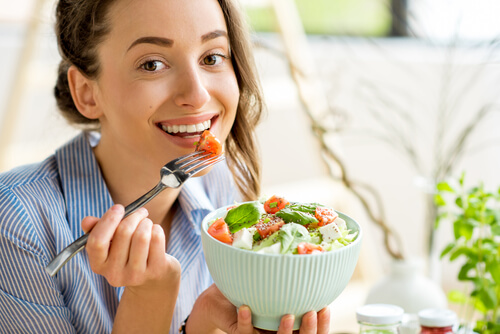Getting into the habit of eating well all the time can be tricky when your life is busy. If you suffer from anxiety, depression or other mental health conditions, you will benefit from being more vigilant about what goes into your mouth on a more regular basis. The rule of thumb when doing your best to eat well is to work with a ratio that helps you to stick to your decision. Most people use an 80/20 ratio where 80% of the time they eat well and 20% of the time they "let their hair down!" If you suffer from any mental torment or trauma, what's going on in your mind can be very connected to what's going on in your belly. In order for you to live in your most well state, the ratio of GOOD : NOT SO GOOD foods needs to be higher. A 90:10 ratio works better for most people with anxiety or better still, 95:5. The more consistent you are with eating well, the better you will feel. When you provide the best diet for your body with good sources of macro and micro nutrients plus fibre, your body has a much better chance of standing up under the stresses of modern, everyday living.
While sticking to a higher good food ratio can be tricky, the rewards outweigh the effort by giving you more time when your mind and your body feel ok. This is step one in a process of change for dietary control of anxiety and depression.
For more information on altering your diet to live more comfortably with anxiety or depression, you can contact Joanne at her clinic using the contact details below.
Guest post by Joanne Van Der Linden. Naturopath, NLP Practitioner and Hypnotherapist @
Holistic Healthcare Services, Tea Gardens NSW
